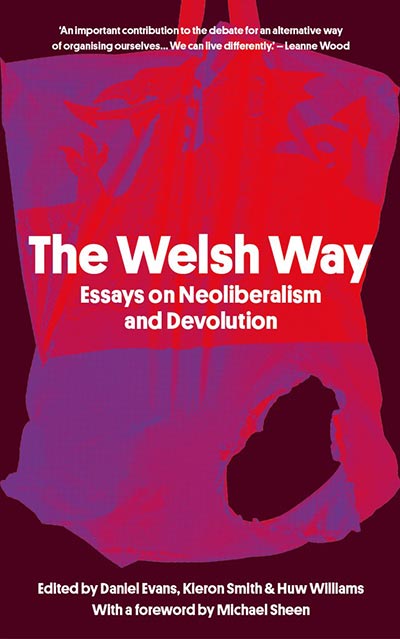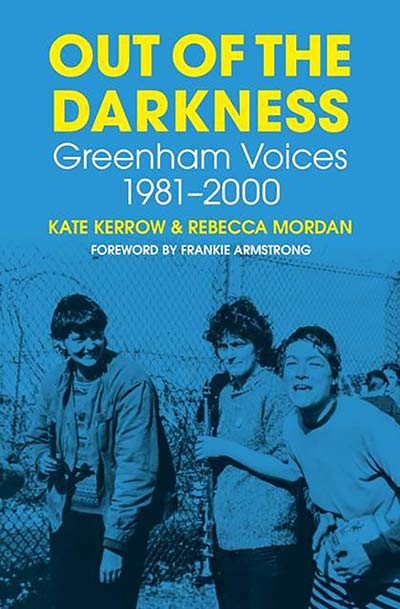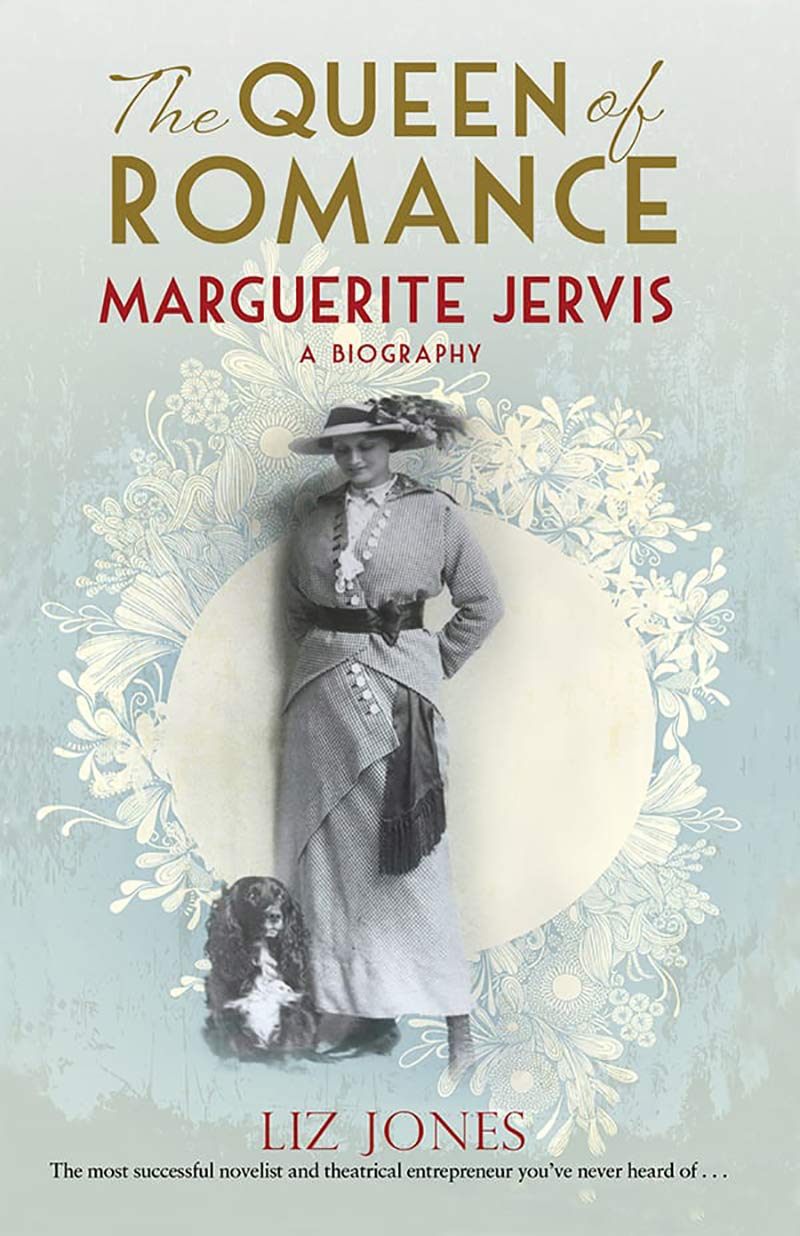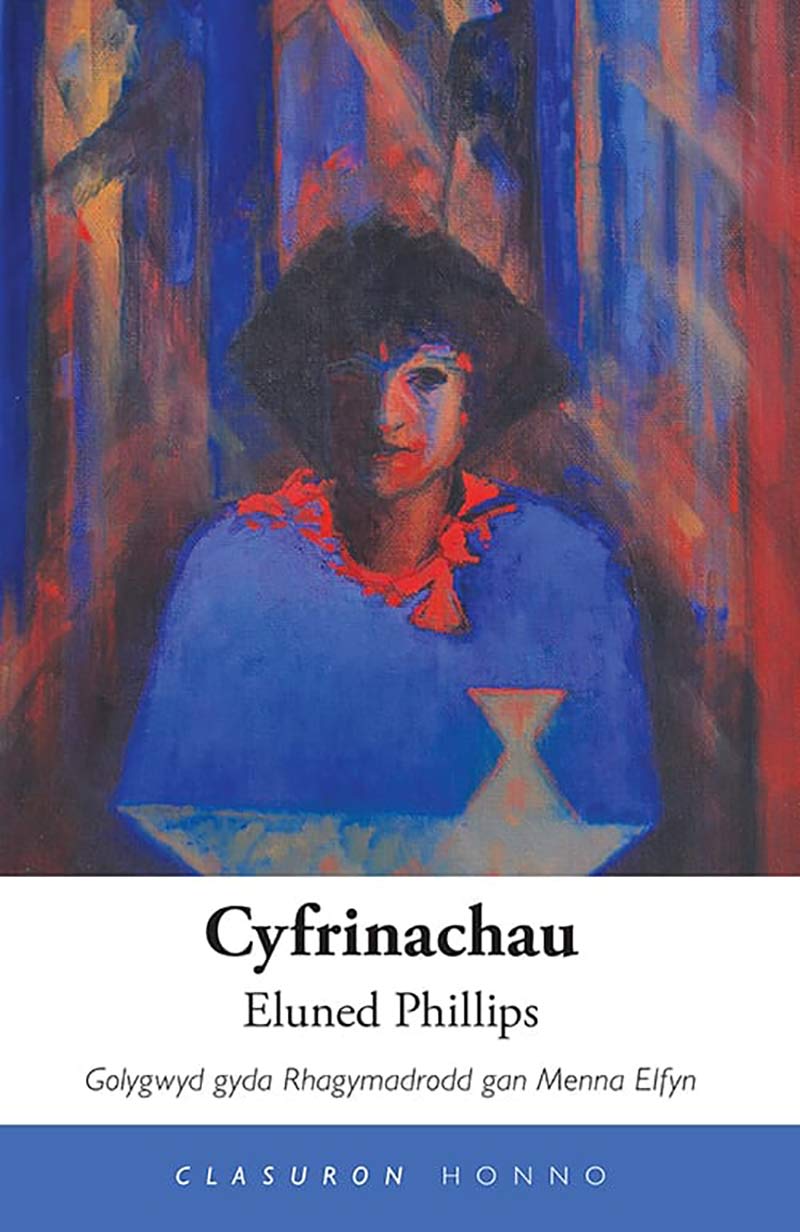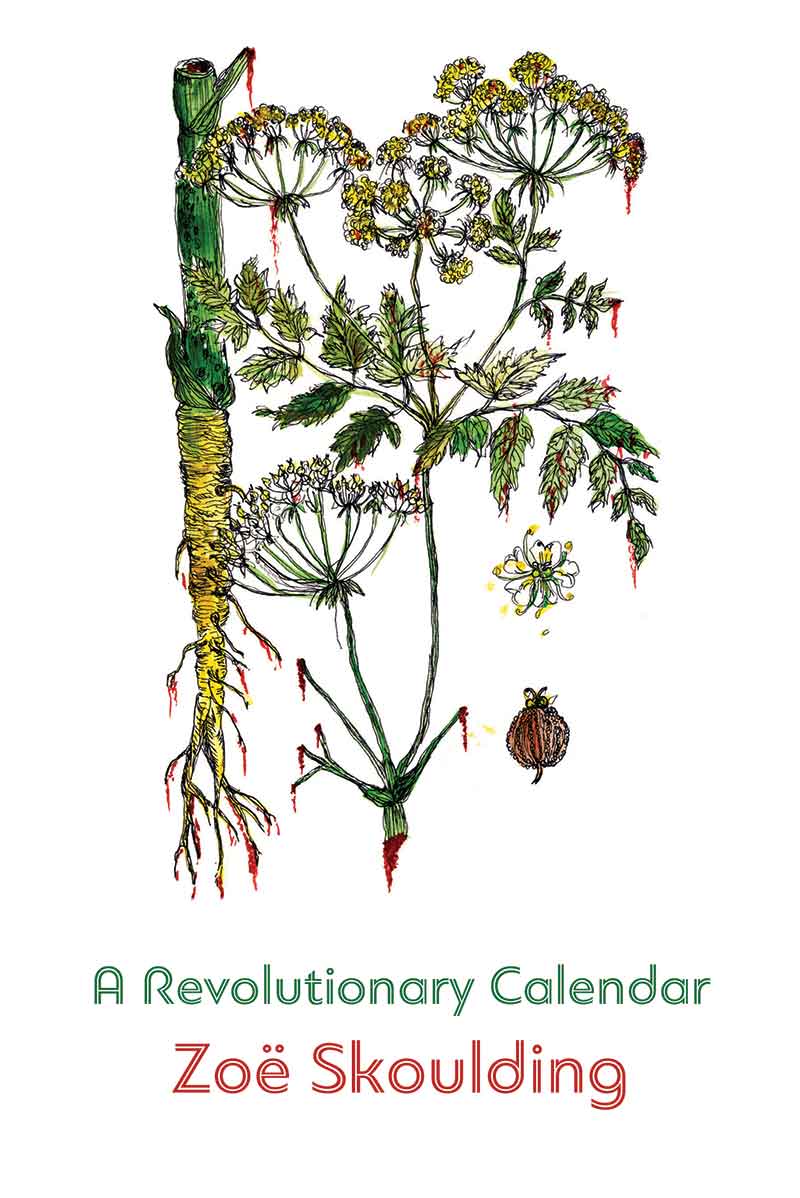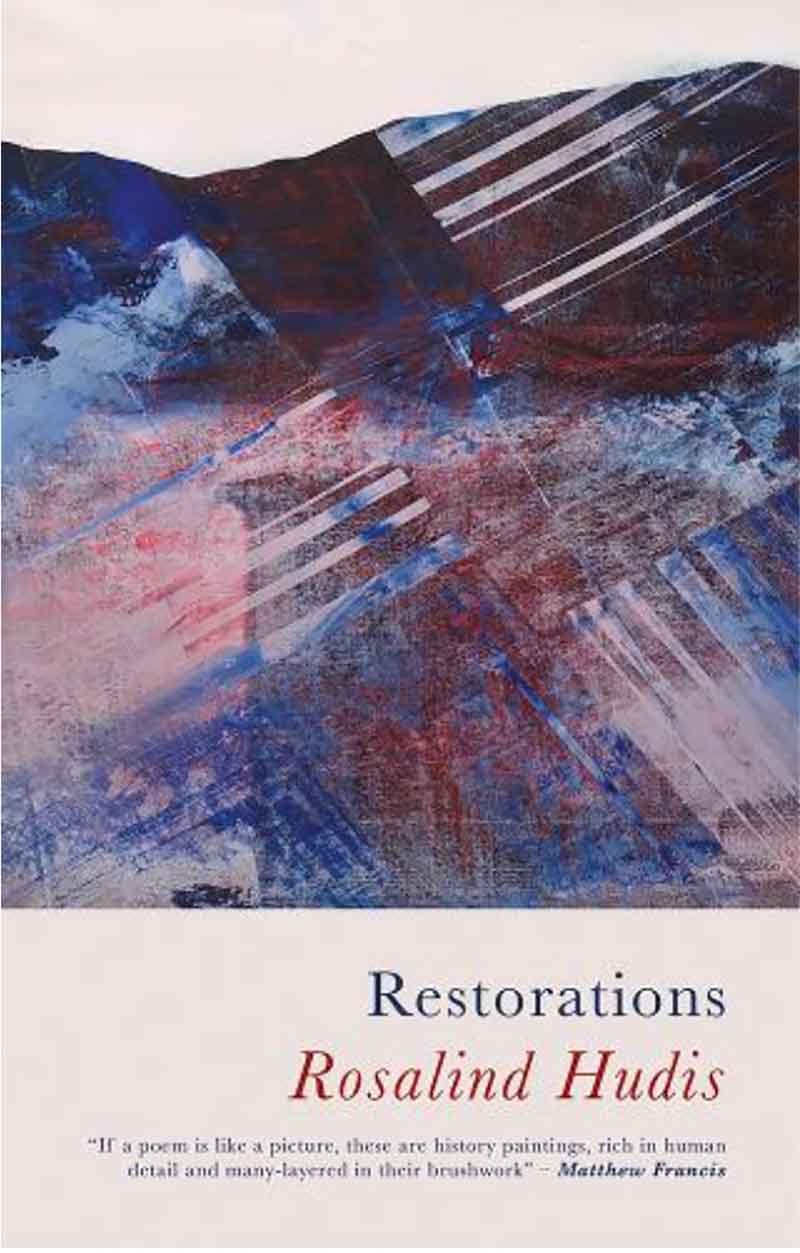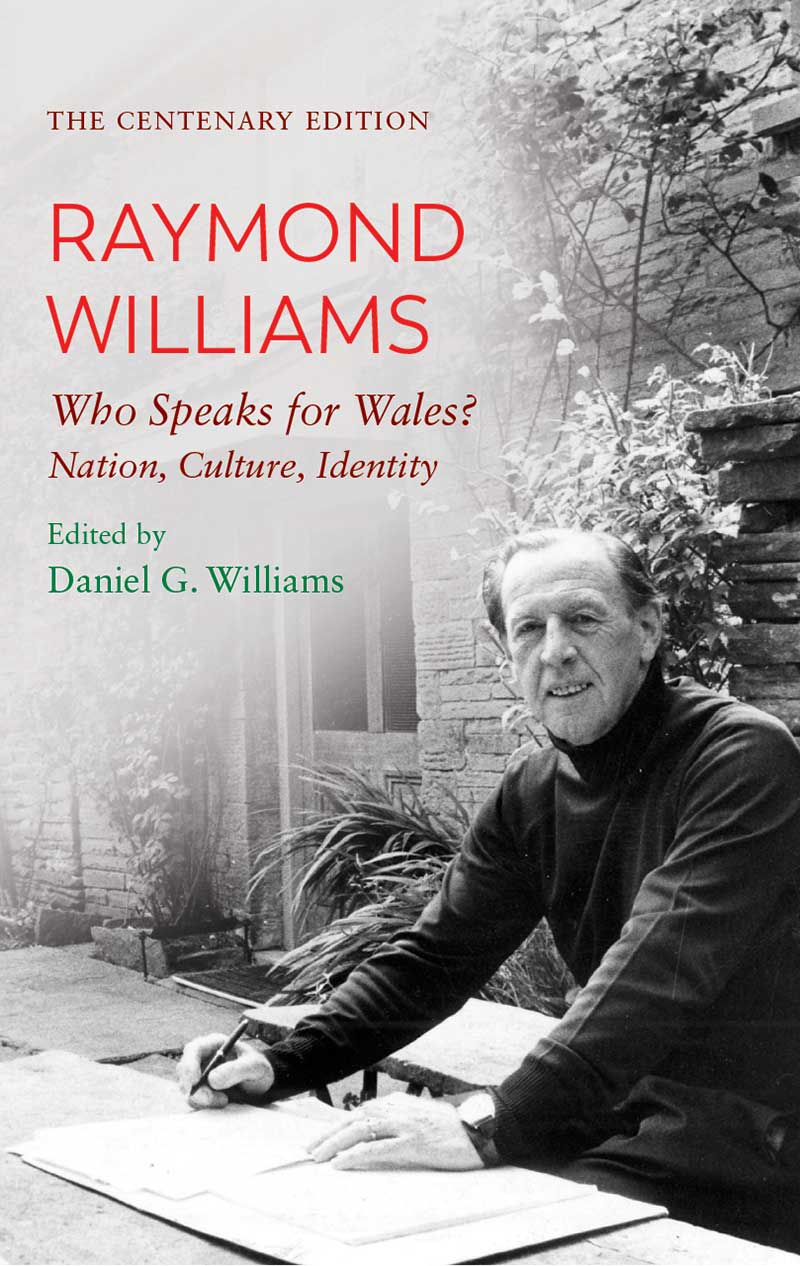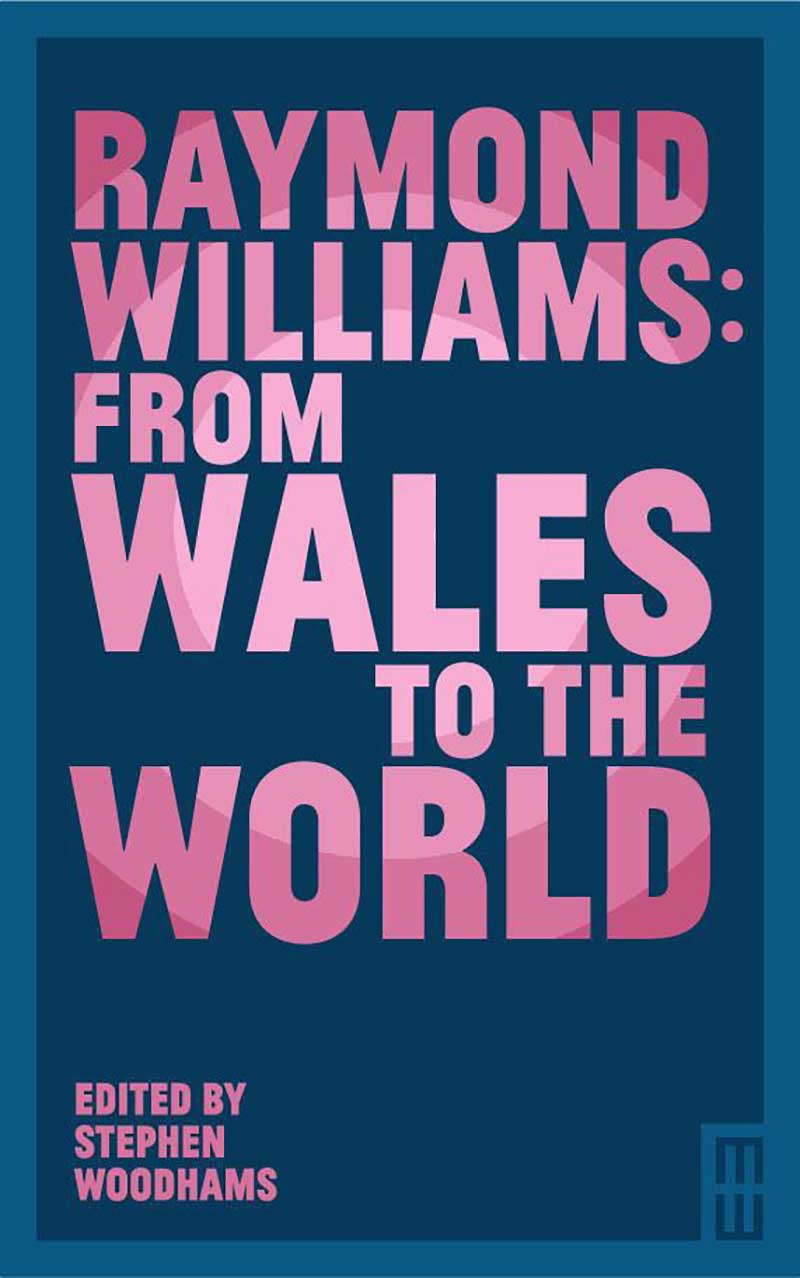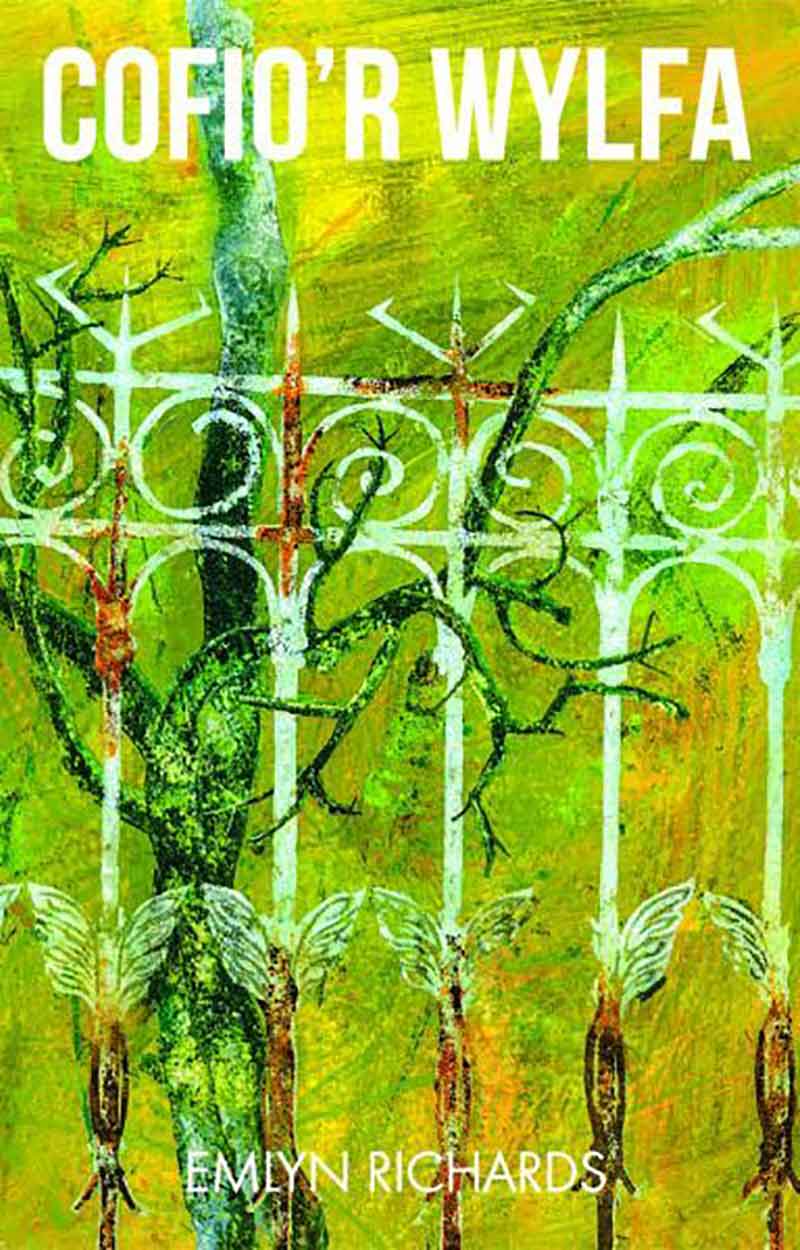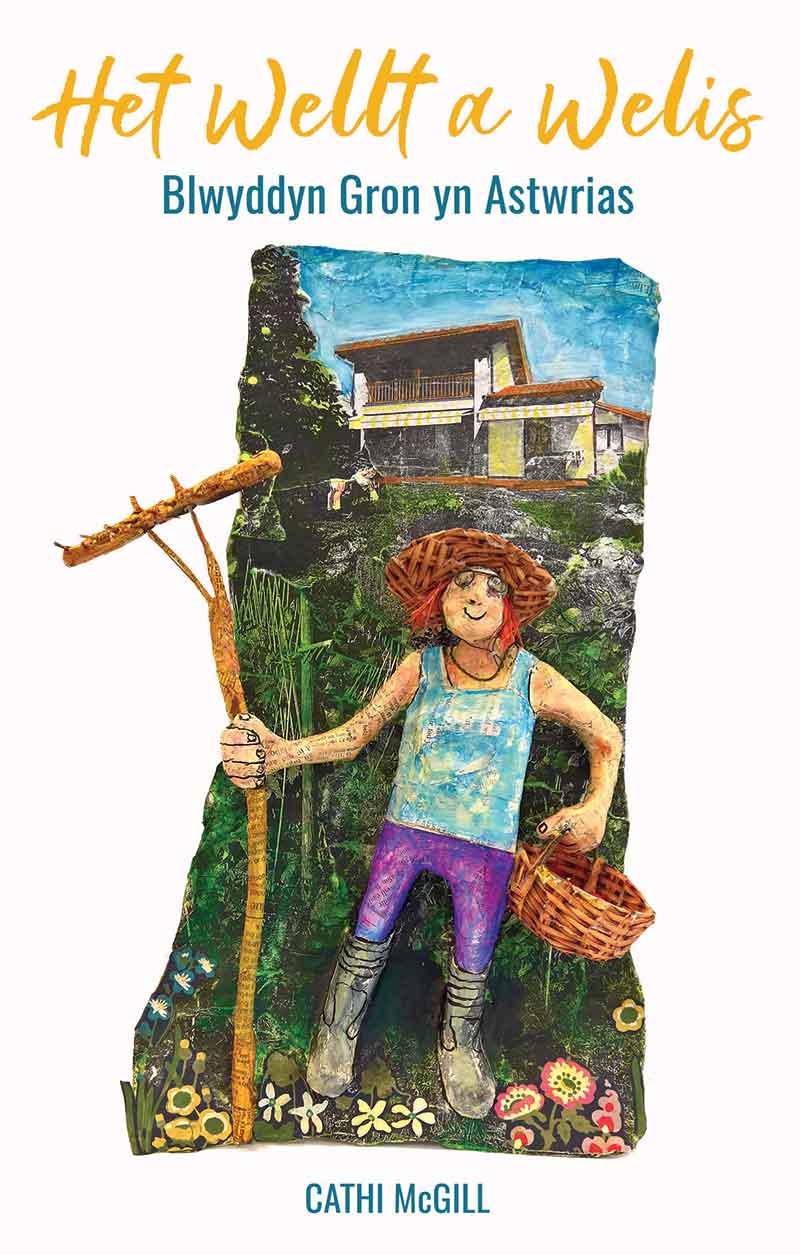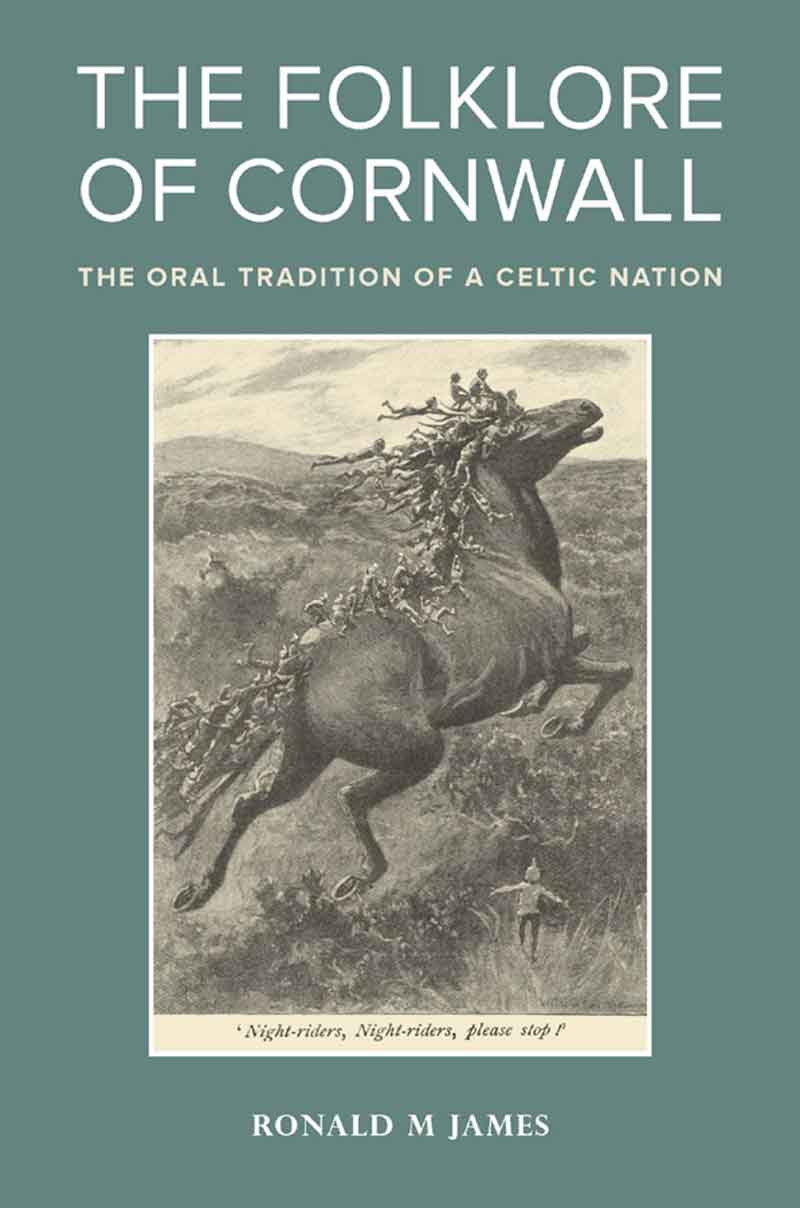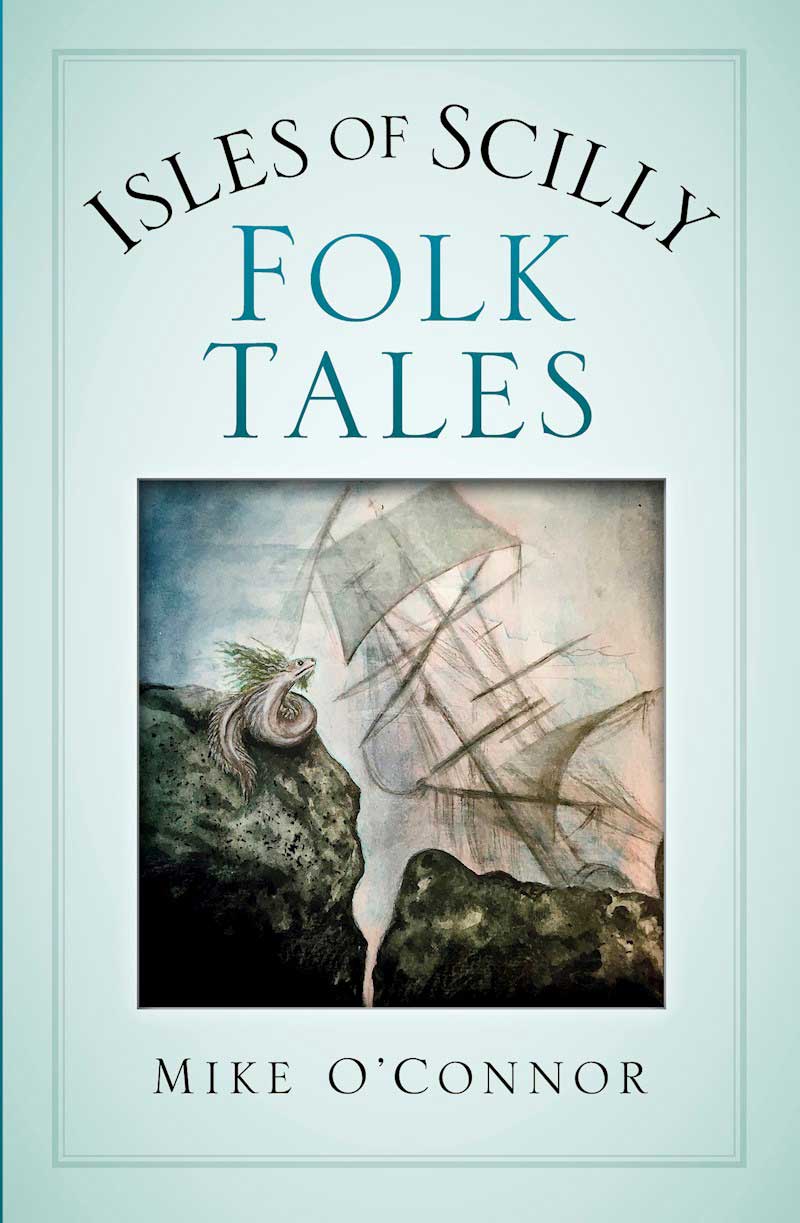In a series that proposes how society could change in response to Covid-19, law professor John Williams details how older people are dehumanised by ageism. Reflecting on the often shocking treatment of older people during the pandemic, he calls for a separate inquiry into the Welsh response to Covid-19, and argues how older people’s human rights can be protected.
Read moreYvonne Connikie gives an insight into her research into the leisure activities of Caribbean Elders in south Wales, and the zest for life she has discovered. She draws on theories of leisure, gender and Critical Race Theory to address the obstacles her interviewees face when seeking to enjoy themselves.
Read moreDylan Huw celebrates the growing influence of radically political arts organisations. He argues that with large gatekeeping institutions now eager to display their ethical credentials, whatever their actual practices, their ‘abrupt embrace’ of the grassroots necessitates a reckoning with the often exploitative nature of the arts sector.
Read moreMaria Elisa Cevasco gives an insight into the resonance of Raymond Williams’ work for her students in Bolsonaro’s Brazil, and why his notions of the ‘long revolution’ are so relevant today. She introduces the work of Brazilian scholar Antonio Candido, and argues why we should consider his work in parallel with Williams’.
Read moreEuros Lewis shows us three little-known historical sites of cultural resistance across Wales. What can these stories from chapels, collieries and natural amphitheatres tell us about flows of wealth and exploitation today? Can we find ways to overcome them collaboratively, and is protest really futile?
Read moreCongratulations to the winner of our 2021 New Writers’ Article Competition! Phil Jones describes how an Abereiddi folk musical generated reflections on the ways in which the turbulence, profiteering and stark inequality of the industrial revolution are paralleled in our pandemic era.
Read moreLouise Miskell examines the effects of deindustrialisation on Welsh steel communities, and how this can lead to political alienation, trauma and identity crisis. She argues that the demolition of steelworks infrastructure, in contrast to its preservation by the community, can exacerbate this sense of loss.
Read moreOur Welsh Keywords series offers contemporary perspectives on the meaning of words in Welsh, inspired by Raymond Williams’ Keywords. In this issue, Siân Melangell Dafydd explores the meanings of ‘cartref’, myriad stories of ‘home’ from Bulgaria to India, and the resonance of the Tŷ Unnos tradition in a pandemic-era housing crisis.
Read moreA Poem by Sam Christie
Read moreRhys Owens draws on his research into the Welsh presence in the British Raj – the eisteddfodau, missions and high-profile Welsh patriots – to argue that India is an example of how imperial rule was in part distinctively Welsh. What does this mean as Wales confronts the legacy of racism created by empire?
Read moreYasmin Begum celebrates Nadifa Mohamed’s new novel that tells the true story of Mahmood Mattan – executed for a murder he didn’t commit. She argues how the book transcends exoticising stereotypes of Tiger Bay that are often fetishised by Wales’s institutions, and what this means for Cardiff’s Black communities who face state violence today.
Read moreBook Review Section
Being reviews editor is a great job. I’ve had the privilege this year of discovering many fascinating books and working with many insightful people. There’s something very satisfying about selecting a range of subjects, and finding the right matches, and then watching them come home to roost. Books whose complexity has – if they are lucky – been distilled in snapshot publisher-blurbs, return as distinctive entities, fuller portraits, always a blend of the sitter and the painter. There is nothing like being read with attention and care. The space-to-think Planet gives its reviewers is a precious and enduring one, as last year’s dip into its fifty-year archive showed. It’s worth remembering, though, that any slice of zeitgeist is both horribly partial – so many brilliant books left unreviewed – and oddly serendipitous. Between planning and completion so much can shift, and constellations of titles look different in relation to the wider contexts they inhabit. Here, ‘timeless’ Cornish folktales twist into sharp contemporary focus; the writings of Raymond Williams speak in new ways to a different world. And, in these recent disturbing weeks of focus on the experiences of women, we hear a striking range of women’s voices, from the ‘Queen of Romance’ to the pioneering activists of Greenham Common.
Mary-Ann Constantine’s academic work explores the cultural history of Romantic-era Wales. She has also published two collections of short stories and a novel, Star‐Shot (2015).

